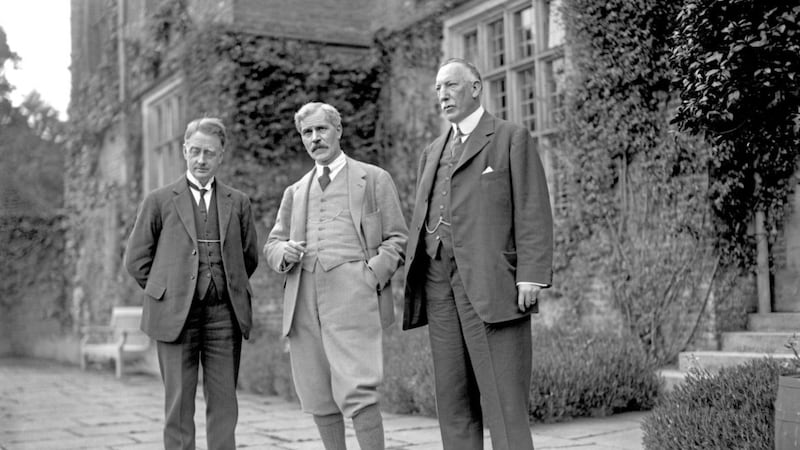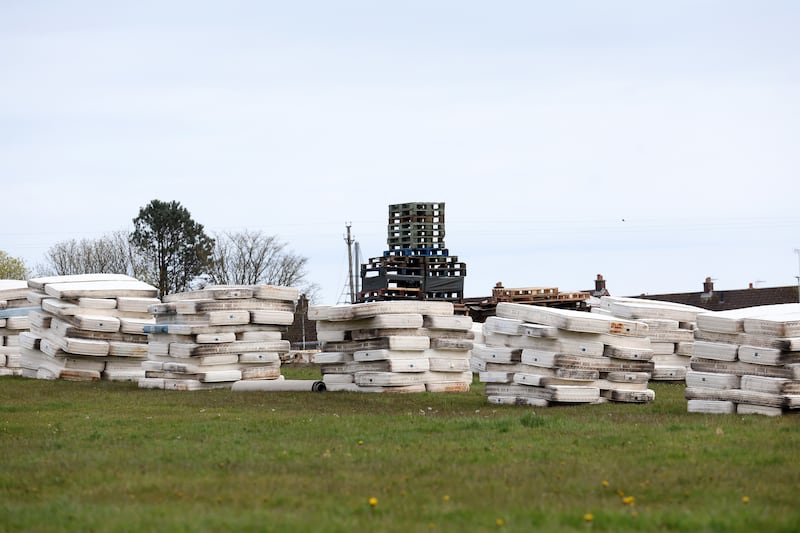Finally, after months of vagueness and confusion, we are seeing some detail in terms of how the British government envisages the post-Brexit landscape.
It is only the start but at least we can now begin a proper discussion on actual proposals as opposed to the alarming lack of information beyond the aspirational that has thus far represented the Conservative government's position.
Yesterday saw the unveiling of the first in a series of position papers, this one on customs arrangements after the UK's exit from the EU in March 2019.
Obviously a significant issue with profound implications although for people living on the island of Ireland it is today's paper on the border that will be of enormous interest.
Related links
Theresa May writes for The Irish News: Brexit, the border and Irish citizenship
John Manley: Theresa May asks the right questions but we need answers
Theresa May will explore potential for post-Brexit peace funds targeting north
Timeline: Theresa May's announcements on the border and Brexit
Ahead of publication of her government's plans, Theresa May today writes directly to Irish News readers, an unusual step for a British prime minister.
Her message is clearly aimed not just at people north of the border but also the Republic of Ireland audience.
Brexit will herald a profound change for everyone living here and Mrs May says her `first priority' is protecting the `unique and special relationship' between the UK and Ireland.
The prime minister's article does not offer any dramatic shifts in policy but its emphasis and tone is designed to reassure the north's Remain voters, who were in the majority in last year's referendum and who are understandably concerned about what the future holds.
It is notable that Mrs May singles out EU peace funding in Northern Ireland, which, as we know, has helped to underpin a large number of cross-community and bridge-building projects.
The prime minister flags up the possibility of funding continuing after Brexit, although it is not clear who will be footing the bill for these programmes.
She also mentions protection of the all-Ireland energy market, which is just one of the many matters that need to be resolved as we move into the fine detail of negotiations.
Mrs May's government is supported by the DUP, the only major political party in the north that backed the Leave campaign. She will face no tricky questions about the repercussions for the political process or the local economy on that front.
But she needs to reach beyond that support base and persuade the sceptical and the anxious, of whom there are many.
It is striking that this British prime minister has chosen to reinforce the `permanent birthright' of the people of Northern Ireland to hold both British and Irish citizenship, adding that the UK wants a guarantee that people in the north who are Irish citizens will remain EU citizens.
People may have assumed that would be the case but we need to know how that would work in practical terms.
If we are now seeing the full engagement of the prime minister in the developments that are of concern to all the people of Ireland then that has to be welcomed.
But it also has to be recognised that the EU, including the Republic, will have a firm say in future arrangements.






